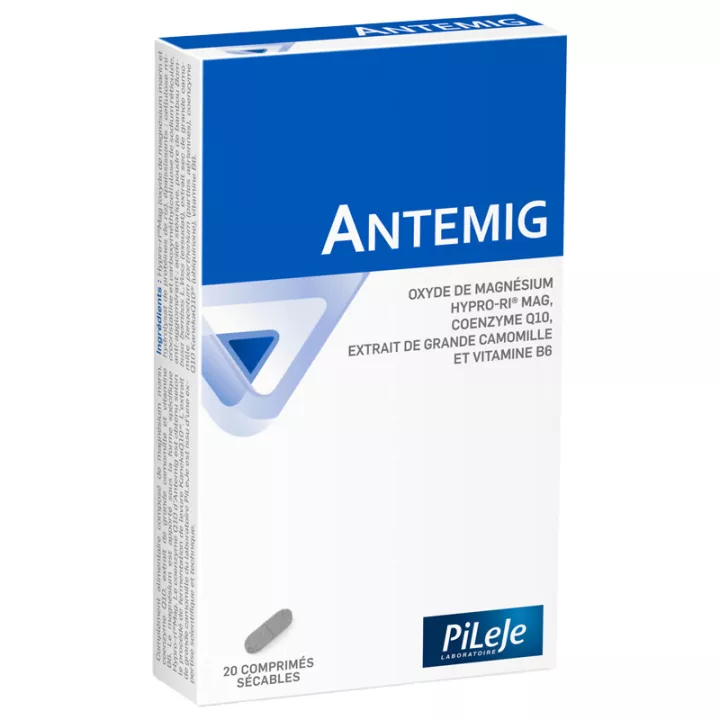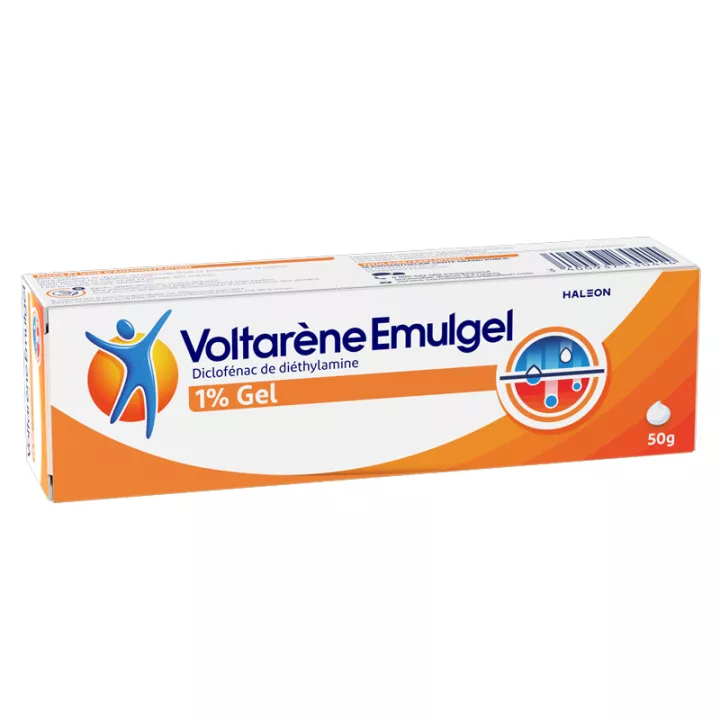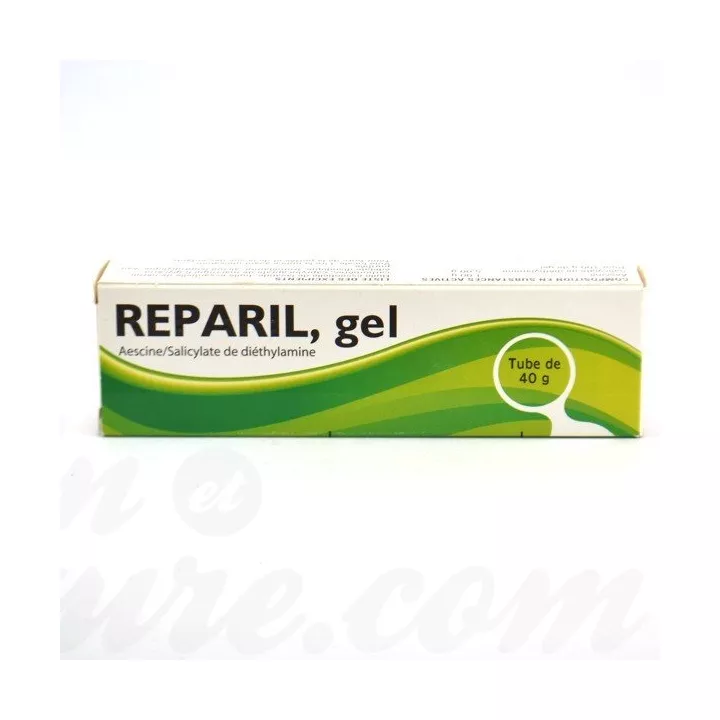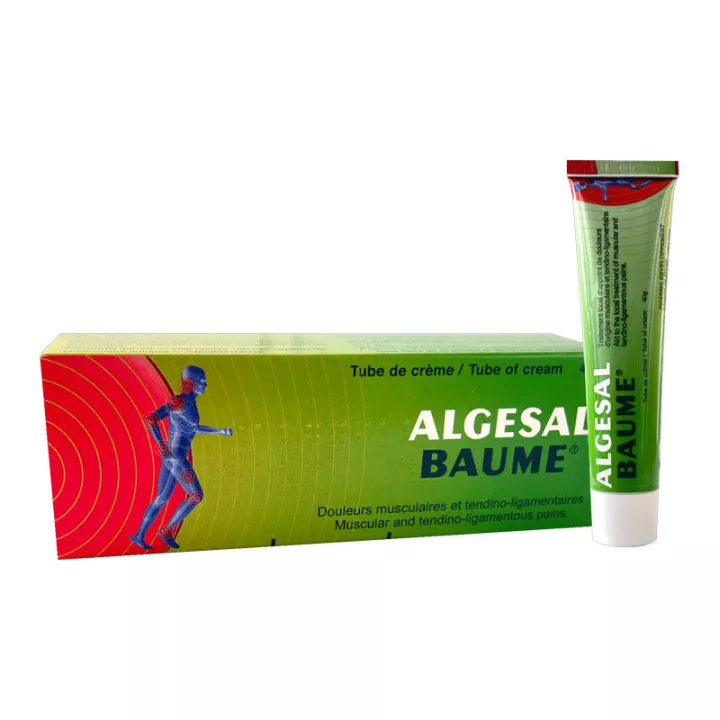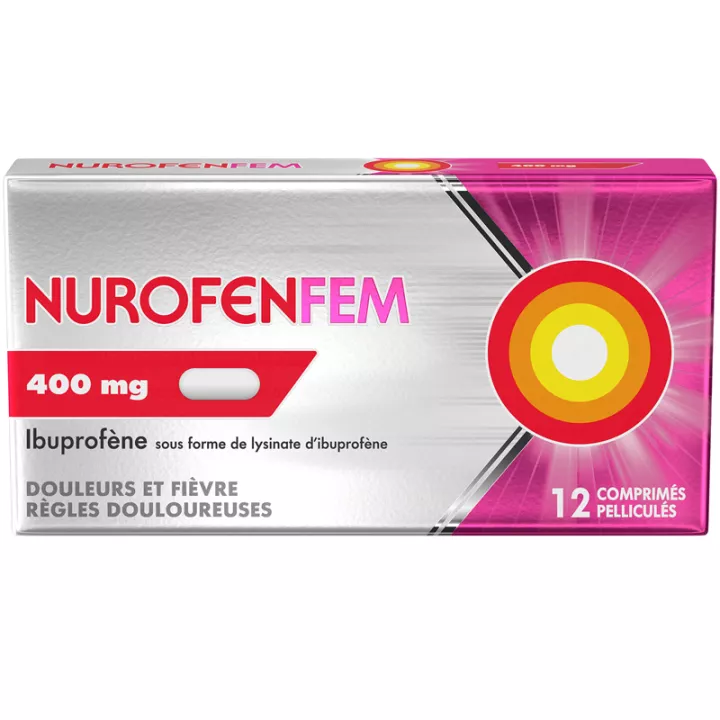NOTICE
ANSM - Updated on: 24/07/2017
Name of the medicinal product
SPEDIFEN 400 mg film-coated tablet
Ibuprofen
framed
Please read this leaflet carefully before you start using this medicine because it contains important information for you.
You should always use this medication exactly as prescribed in this leaflet or by your doctor or pharmacist.
· Keep this leaflet. You might need to read it again.
· Ask your pharmacist for advice or information.
· If you experience any side effects, talk to your doctor or pharmacist. This also applies to any side effects not mentioned in this leaflet. See section 4.
· You should contact your doctor if you experience no improvement or if you feel less well after 3 days in case of fever, 5 days in pain, 3 days in case of migraine.
What is in this leaflet?
1. What is SPEDIFEN 400 mg film-coated tablets and when is it used?
2. What should I tell you before taking SPEDIFEN 400 mg film-coated tablets?
3. How to take SPEDIFEN 400 mg film-coated tablets?
4. What are the possible side effects?
5. How to store SPEDIFEN 400 mg film-coated tablets?
6. Package contents and other information.
1. WHAT IS SPEDIFEN 400 mg film-coated tablet AND WHAT IT IS USED FOR?
Pharmacotherapeutic group - ATC code: OTHER ANALGESICS AND ANTIPYRETICS - N02B
This medicine contains a non-steroidal anti-inflammatory drug: ibuprofen. In adults and children over 30 kg (approximately 11-12 years of age), it is indicated in the short-term treatment of fever and / or pain such as headache, flu-like conditions, pain dental, aches, painful periods.
It is indicated in the adult , after at least a medical opinion , in the treatment of the migraine crisis mild or moderate, with or without aura.
2. BEFORE YOU TAKE SPEDIFEN 400 mg film-coated tablets.
If your doctor has told you about an intolerance to some sugars, contact your doctor before taking this medicine.
Do not take SPEDIFEN 400 mg film-coated tablets:
· after 5 months of pregnancy (24 weeks of amenorrhea),
· if you have a history of wheezing, asthma, runny nose, allergy (swelling or urticaria) after using aspirin or other similar painkillers / anti-inflammatories (NSAIDs),
· if you are allergic to ibuprofen or any of the other ingredients of this medication mentioned in section 6,
· if you have a history of gastrointestinal bleeding or ulcers associated with previous NSAID treatments,
· if you have an ulcer or bleeding from the stomach or bowel in progress or recurring,
· if you have gastrointestinal hemorrhage, cerebral hemorrhage or other ongoing hemorrhage such as ulcerative colitis (chronic inflammation of the intestine),
· if you have severe liver disease,
· if you have a serious kidney disease,
· if you have a predisposition to bleeding,
· if you have a serious heart disease,
· if you have systemic lupus erythematosus.
Warnings and Precautions
Talk to your doctor or pharmacist before using SPEDIFEN 400 mg film-coated tablets.
In high doses, greater than 1200 mg / day, this drug has anti-inflammatory properties and can cause serious disadvantages that are observed with non-steroidal anti-inflammatory drugs.
Anti-inflammatory / analgesic drugs such as ibuprofen are likely to be associated with a slightly increased risk of heart attack or stroke, especially when used at high doses.
Do not exceed recommended dosage or treatment time.
Talk with your doctor or pharmacist before taking SPEDIFEN 400 mg film-coated tablets if you have:
- heart problems, angina pectoris (chest pain) or if you have had a heart attack, surgical bypass surgery, peripheral arterial disease (poor circulation in the legs or feet due to narrowed or blocked arteries ) or any type of stroke (including "mini-strokes" or transient ischemic attacks (TIAs))
- high blood pressure, diabetes, high cholesterol, a family history of heart disease or stroke, or if you are a smoker.
The diagnosis and follow-up of the migraine crisis in children requires medical advice.
If you are a woman, SPEDIFEN 400 mg film-coated tablet can alter your fertility. This effect is reversible upon discontinuation of treatment. Its use is not recommended in women who wish to conceive a child. In women with reproductive difficulties or in whom breast function tests are ongoing, please tell your doctor or pharmacist before taking SPEDIFEN 400 mg film-coated tablets.
Elderly patients have a higher risk of adverse effects, particularly for gastrointestinal haemorrhage, ulcers and perforations. Renal, hepatic and cardiac functions should be closely monitored. The dosage should be as low as possible for the shortest time needed to relieve symptoms.
NSAIDs such as ibuprofen may mask and / or aggravate the symptoms of an infection.
Do not exceed the recommended dose or treatment time (3 days for fever, 5 days for pain and 3 days for migraine).
The regular and prolonged use of analgesics can lead to headaches and kidney damage. If this happens or is suspected, stop treatment and contact a doctor.
Particular attention should be paid to the introduction of ibuprofen if you are severely dehydrated.
Caution is advised if you have collagen / connective tissue diseases other than systemic lupus erythematosus (see section "Do not take SPEDIFEN 400 mg film-coated tablets").
The use of this medication is not recommended in patients with fructose intolerance, glucose-galactose malabsorption syndrome or sucrase / isomaltase deficiency (rare hereditary diseases).
This medicine contains sodium. This medicine contains 83 mg sodium per tablet. To be taken into account in patients controlling their sodium dietary intake.
BEFORE YOU USE THIS MEDICINE, CONSULT YOUR DOCTOR IN CASE:
· a history of asthma associated with chronic rhinitis, chronic sinusitis or polyps in the nose. Administration of this specialty may lead to an asthma attack, especially in certain individuals who are allergic to acetylsalicylic acid (aspirin) or to a non-steroidal anti-inflammatory drug (see section "Do not take SPEDIFEN 400 mg film-coated tablets"). ,
· coagulation disorders, and anticoagulant therapy. This medication may cause severe gastrointestinal symptoms,
· digestive antecedents (hiatal hernia, digestive hemorrhage, ulcer of the stomach or of the old duodenum),
· heart disease, liver or kidney disease,
· of varicella. This medication is not recommended because of exceptional severe infections of the skin,
· concomitant treatment with other drugs that increase the risk of peptic ulcer or haemorrhage, for example, oral corticosteroids, antidepressants (SSRIs, ie Selective Serotonin Reuptake Inhibitors ), medicines preventing the formation of blood clots such as aspirin or anticoagulants such as warfarin. If you are in any of these conditions, talk to your doctor before taking SPEDIFEN 400 mg film-coated tablets (see section "Other medicines and SPEDIFEN 400 mg film-coated tablets"),
· concomitant therapy with methotrexate at doses greater than 20 mg per week or with pemetrexed (see section "Other medicines and SPEDIFEN 400 mg film-coated tablet").
DURING TREATMENT, IN CASE OF:
· of vision problems, PREVENT YOUR DOCTOR,
· gastrointestinal haemorrhage (discharge from the mouth or stool, stool coloration in black), STOP TREATMENT AND IMMEDIATELY CONTACT AN EMERGENCY MEDICAL OR MEDICAL SERVICE,
· of appearances of cutaneous or mucosal signs that resemble a burn (redness with bubbles or blisters, ulcerations), STOP THE TREATMENT AND CONTACT IMMEDIATELY A DOCTOR OR AN EMERGENCY MEDICAL SERVICE,
· of allergy-related signs including asthma attack or sudden swelling of the face and neck ( see section "What are the possible side effects?" ), STOP TREATMENT AND CONTACT IMMEDIATELY A DOCTOR OR A MEDICAL SERVICE EMERGENCY.
This medicine contains a non-steroidal anti-inflammatory drug: ibuprofen. You should not take other medicines containing non-steroidal anti-inflammatory drugs (including selective cyclooxygenase 2 inhibitors) and / or acetylsalicylic acid (aspirin) at the same time as this medication. Read carefully the instructions for other medicines you are taking to ensure that there are no nonsteroidal anti-inflammatory drugs and / or acetylsalicylic acid (aspirin). |
Adolescents (age ≥ 12 years and <18 years)
There is a risk of kidney damage in dehydrated children / adolescents.
Other medicines and SPEDIFEN 400 mg film-coated tablet
Inform your doctor or pharmacist if you are taking, have recently taken or may take any other medicines.
SPEDIFEN 400 mg film-coated tablets may affect or be affected by certain other medicines. For example :
· aspirin (acetylsalicylic acid) or other non-steroidal anti-inflammatory drugs
· corticosteroids
· anti-coagulant drugs (ie, which fluidize the blood / prevent the appearance of clots such as aspirin / acetylsalicylic acid, warfarin, ticlopidine)
· lithium
· methotrexate
· medicines that reduce high blood pressure (angiotensin-converting enzyme (ACE) inhibitors such as captopril, beta-blockers such as atenolol, angiotensin-II receptor antagonists such as losartan)
· some antidepressants (selective serotonin reuptake inhibitors)
· pemetrexed
· ciclosporin, tacrolimus
· zidovudine (treatment for HIV infection or acquired immunodeficiency syndrome)
· hypoglycaemic agents (treatment for diabetes including insulin)
· voriconazole or fluconazole (anti-mycotic treatment)
· mifepristone (abortion pill)
· antibiotics of the quinolone family
· phytotherapy products containing gingko biloba
· antibiotics aminoglycosides
Some other medicines are likely to affect or be affected by treatment with SPEDIFEN 400 mg film-coated tablets. Therefore, you should always consult your doctor or pharmacist before using SPEDIFEN 400 mg film-coated tablets at the same time as other medicines.
This medication is likely to affect the results of diagnostic tests (bleeding time, blood sugar, etc.). If in doubt, ask your doctor for advice.
SPEDIFEN 400 mg film-coated tablets with food and beverages
Not applicable.
Pregnancy, breast-feeding and fertility
If you are pregnant or breastfeeding, think you may be pregnant or plan a pregnancy, ask your doctor or pharmacist for advice before taking this medicine.
This medication should not be taken during the first 5 months of pregnancy except on medical advice in case of absolute necessity, in brief use.
Do not take this medication in any way after 5 months of pregnancy, as its effects on your child can have serious consequences, especially on a cardiopulmonary and renal plan, even with a single dose.
If you are taking this medication when you are more than five months pregnant, please speak to your obstetrician gynecologist for appropriate monitoring.
Although the product passes into breast milk, no effect is reported on the newborn / suckling infant if ibuprofen is administered at therapeutic doses. Interruption of breastfeeding is generally not necessary in the case of short-term treatment at the recommended dose.
Ibuprofen belongs to the class of medicines that can alter female fertility. However, this effect is reversible upon discontinuation of treatment.
Avoid taking this medication if you are pregnant.
Driving and using machines
In rare cases, taking this medicine may cause dizziness and blurred vision.
In the case of single or short-acting treatment, this medication usually does not require any special precautions.
SPEDIFEN 400 mg film-coated tablets contain sodium and sucrose.
3. HOW TO TAKE SPEDIFEN 400 mg film-coated tablet?
The occurrence of adverse reactions can be minimized by using the lowest possible dose for the shortest duration necessary to alleviate the symptoms.
Always take this medication exactly as prescribed in this leaflet or as directed by your doctor or pharmacist. Check with your doctor or pharmacist if in doubt.
Painful and / or febrile conditions
ADULTS TO ADULT AND CHILD WEIGHT MORE THAN 30 KG (11-12 years).
The usual dosage is 1 tablet at 400 mg per dose, to be renewed if necessary, without exceeding 3 tablets at 400 mg per day (ie 1200 mg per day).
The tablet dosed at 400 mg is reserved for pain or fever more intense or not relieved by a tablet dosed with 200 mg of ibuprofen.
Regular intakes help prevent fever or pain. They should be spaced at least 6 hours.
The elderly with an increased risk of adverse effects should use the lowest possible dose for the shortest time necessary to relieve symptoms.
Do not exceed the recommended doses or the duration of treatment (3 days in case of fever, 5 days in case of pain).
The maximum dose is 3 tablets per day (1200 mg).
In the event of a migraine attack
RESERVED FOR ADULTS
1 tablet at 400 mg as soon as possible from the onset of the crisis.
If a patient is not relieved after the first dose, a second dose should not be taken during the same course. However the crisis can be treated with another treatment that is not a nonsteroidal anti-inflammatory or aspirin.
If the pain reappears a second dose can be taken as long as it meets an 8 hour interval between the 2 doses.
If in doubt, ask your doctor or pharmacist for advice.
Oral use.
Swallow the tablet without chewing it with a large glass of water.
The tablets should be taken preferably during a meal.
The duration of use is limited to: · 3 days in case of fever, · 3 days in case of migraine, · 5 days in case of pain. |
If the pain persists more than 5 days or the fever more than 3 days , or if they worsen or in the event of another disorder, inform your doctor.
In case of a migraine attack the duration of treatment should not exceed 3 days.
If symptoms persist or if new symptoms appear, seek the advice of your pharmacist or doctor.
If you feel that the effect of SPEDIFEN 400 mg film-coated tablets is too strong or too weak, talk to your doctor or pharmacist.
If you take more than SPEDIFEN 400 mg film-coated tablets you should:
Immediately consult your doctor or pharmacist.
sYMPTOMS
Symptoms of overdose usually include nausea, stomach pain, vomiting (bloody), diarrhea (bloody), dizziness, spasms, nystagmus (involuntary movement of both eyes) and diplopia (double vision), headaches and buzzing ear. In cases of severe poisoning, impaired renal function, hypotension, decreased consciousness and coma may also occur.
Support for overdose
Transfer to hospital: There is no specific antidote to ibuprofen. The stomach should be emptied as quickly as possible. The patient should, if possible, vomit. Activated charcoal to decrease the absorption of ibuprofen can be administered to the patient.
If you forget to take SPEDIFEN 400 mg film-coated tablet:
Do not take a double dose to make up for a missed dose.
If you stop taking SPEDIFEN 400 mg film-coated tablets:
Not applicable.
4. WHAT ARE POSSIBLE SIDE EFFECTS?
Like all medicines, this medicine may cause side effects, although not everybody gets them.
Medications such as SPEDIFEN 400 mg film-coated tablets may increase the risk of heart attack (myocardial infarction) or stroke.
In all cases listed below, stop treatment immediately and notify your doctor.
Side effects are assessed on the basis of the following frequencies:
· Very common: Touch more than 1 user out of 10
· Common: key 1 to 10 users out of 100
· Uncommon: affects 1 to 10 users in 1,000
· Rare: Touch 1 to 10 users out of 10,000
· Very rare: affects less than 1 user in 10,000
· Indeterminate: The frequency can not be estimated from the available data.
Very common
· Dyspepsia, diarrhea
Frequent
· Abdominal pain, nausea and gas (flatulence)
· Headache, feeling dizzy
· Skin disorder , skin rash
Rare
· Allergic reaction
· Asthma, aggravated asthma, wheezing, respiratory discomfort
· Gastrointestinal deep lesion or wound, vomiting, blood in stool, inflammation of the gastric mucosa, slight loss of blood in the stomach and / or intestine
· Subcutaneous or submucosal swelling (eg at the larynx level), haemorrhagic lesion of the skin, itching, urticaria
Rare
· Reduction in the number of platelets in the blood (hemorrhagic risk), reduction in the number of white blood cells (infectious risk), anemia of medullary origin
· Severe allergic reaction
· Visual disturbance
· Hearing Disorder
· Gastrointestinal perforation, constipation, blood vomiting, inflammation with gum ulcers, aggravated colon inflammation, aggravated Crohn's disease (inflammation of the digestive system)
· Hepatic
· Blood in the urine
· Abnormal liver function test
Very rare
· Severe forms of skin reactions such as skin rashes with redness and scaling, blisters or vesicles (eg, Stevens-Johnson syndrome, erythema multiforme, Lyell's syndrome)
· Renal insufficiency and inflammatory kidney disease (interstitial nephritis) and organic renal disease (papillary necrosis)
indeterminate
· Anemia
· Severe form of allergic reaction of anaphylactic shock type
· Symptoms of aseptic meningitis
· Papillary edema (swelling of the area of birth of the optic nerve)
· Heart failure
· Blood clots, hypertension, hypotension
· Irritation of the throat
· Anorexia
· Hidden bleeding (passing unnoticed)
· Liver injury, hepatitis, jaundice
· Skin reaction during exposure to sunlight or UV rays, aggravated skin reaction
· Swelling
· Severe skin infections have been observed in cases of chicken pox
· Aggravation of chronic urticaria
· Significant decrease in urine
· Abnormal Kidney Function Test
Declaration of side effects
If you experience any side effects, talk to your doctor or pharmacist. This also applies to any side effects not mentioned in this leaflet. You can also report adverse reactions directly via the national reporting system: National Agency for the Safety of Medicines and Health Products (ANSM) and network of Regional Centers of Pharmacovigilance - Website: www.ansm.sante.fr
By reporting adverse reactions, you are helping to provide more information about the safety of the drug.
5. HOW TO STORE SPEDIFEN 400 mg film-coated tablet?
Keep this medicine out of the reach and sight of children.
Do not use this medicine after the expiry date which is stated on the carton. The expiry date refers to the last day of that month.
No special storage conditions.
Do not use this medication if you notice any signs of deterioration.
Do not throw any medicines into drains or rubbish. Ask your pharmacist to remove any medications you are no longer using. These measures will help protect the environment.
6. PACKAGE CONTENTS AND OTHER INFORMATION
What SPEDIFEN 400 mg contains: film-coated tablet
· The active substance is:
Ibuprofen................................................. .................................................. 400 mg
For a film-coated tablet.
· The other components are:
Arginine, sodium bicarbonate, crospovidone, magnesium stearate, hypromellose, sucrose, titanium dioxide (E171), macrogol 4000.
What is SPEDIFEN 400 mg film-coated tablets and contents of the pack
This drug is in the form of film-coated tablet.
Box of 3, 6, 10, 12 or 15 tablets.
Marketing Authorization Holder
ZAMBON FRANCE SA
13 RUE RENE JACQUES
92138 ISSY-LES-MOULINEAUX CEDEX
Marketing Authorization Operator
ZAMBON FRANCE SA
13 RUE RENE JACQUES
92138 ISSY-LES-MOULINEAUX CEDEX
Maker
ZAMBON SPA
VIA DELLA CHIMICA, 9
36100 VICENZA
ITALY
Names of the medicinal product in the Member States of the European Economic Area
Not applicable.
The last date on which this leaflet was revised is:
[to be completed later by the holder]
Other
Detailed information on this medicine is available on the ANSM website (France).
HEALTH EDUCATION COUNCIL
"WHAT TO DO IN THE EVENT OF FEVER":
The normal temperature of the body is variable from one individual to another and between 36.5 ° C and 37.5 ° C. An increase of more than 0.8 ° C is considered a fever.
In adults and children over 30 kg (11-12 years of age): if the disorder is too troublesome, you can take a medication containing ibuprofen at the indicated dosage.
With this medication, the fever should drop rapidly. However:
· if other signs appear (such as a rash),
· if the fever persists for more than 3 days or if it worsens,
· if the headache becomes violent, or in case of vomiting,
CONSULT YOUR DOCTOR IMMEDIATELY.
"WHAT TO DO IN CASE OF PAIN":
· In the absence of improvement after 5 days of treatment.
· If the pain returns regularly.
· If it is accompanied by fever.
· If she wakes you up at night.
CONSULT YOUR DOCTOR IMMEDIATELY.
"WHAT TO DO IN THE EVENT OF MIGRAINE":
What is migraine?
Migraine is a disease that results in severe headaches, occurring in seizures, for 4 to 72 hours and can be repeated several times a month. It can sometimes be preceded by visual and / or sensory signs called aura (impression of luminosity or flicker of the visual field, illusion that a fly seems to cross the visual field ...).
Migraine or headache?
Misuse of language is often referred to as migraine instead of a simple headache (headache). The following questions can help you identify if you are migraineous. You can fill it alone or with the help of your pharmacist. |
1. | Your headache evolves in crises from a few hours to 3 days (without treatment). |
| Between crises, you do not suffer from the head. | Yes □ | No □ |
2. | You have presented at least 5 crises in your life. | Yes □ | No □ |
3. | Your headache has at least 2 of the following characteristics: | Yes □ | No □ |
| located at one side of the head, pulsatile, increased by effort (climb stairs, run, cough), the painful intensity of the crisis goes from strong to very strong. | | |
4. | Your headache is accompanied by at least 1 of the following signs: | Yes □ | No □ |
| desire to vomit or vomit, discomfort with light (photophobia) and / or noise (phonophobia). | | |
If you answered YES: the 4 questions: you are surely migraineous, to 3 questions: you are probably migraineous, 1 or 2 questions: you are probably not migraine. | | |
Discuss these results with your doctor so that he / she can confirm the diagnosis and agree with you the most appropriate treatment.
How to deal with crises?
Certain elements such as fatigue, stress, food (chocolates, alcohol, etc.), sensory factors (noise, flashing light, perfumes, etc.) or physiological factors such as menstruation are likely to trigger migraine attacks.
Knowledge of the triggering factors as well as the warning signs that can precede the crisis makes it possible to start a treatment early (ideally within an hour after its start and while it is still of mild intensity). The earlier the treatment, the more effective and often short-lived (early treatment limits migraine recurrence).
Note on a diary or notebook the date of your seizures and their duration, the intensity of the pain, the triggering factors and the medications used for each attack will help your doctor assess your migraine and its treatment.
A failure on a first crisis does not necessarily mean failure on subsequent crises. The efficacy of 400mg ibuprofen should be evaluated on 2 or 3 seizures. To help you, you can answer the following questions and discuss them with your doctor and pharmacist.
Are you relieved 2 hours after taking? | Yes □ | No □ |
Do you have side effects (digestive or other)? | Yes □ | No □ |
Do you use a single medication intake? | Yes □ | No □ |
Can you resume your usual activities 2 hours after taking? | Yes □ | No □ |
When to see your doctor?
If most headaches are of benign origin, it should not be ignored that they may be the symptom of sometimes severe conditions requiring specialized treatments.
You should consult your doctor in the following cases:
· very first headache crisis,
· start of headache after 50 years,
· triggering headaches through physical exertion, sexual intercourse, coughing,
· installation of a headache in "thunderclap": sudden appearance of a headache from one second to the next,
· appearance of unusual signs accompanying the headache such as:
o disorders of balance,
o stiffness of the neck making neck movements difficult or impossible,
o double vision, blurred vision,
o difficulty speaking,
o decreased muscle strength, numbness of the arms and legs.
· body temperature> at 38 ° C,
· aggravation of headaches,
· headache that does not have its usual character,
· onset of continuous headaches.






